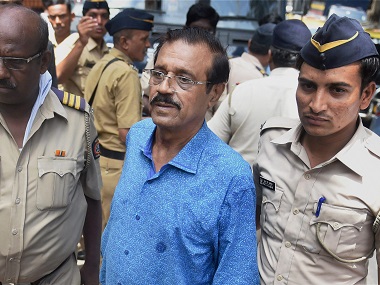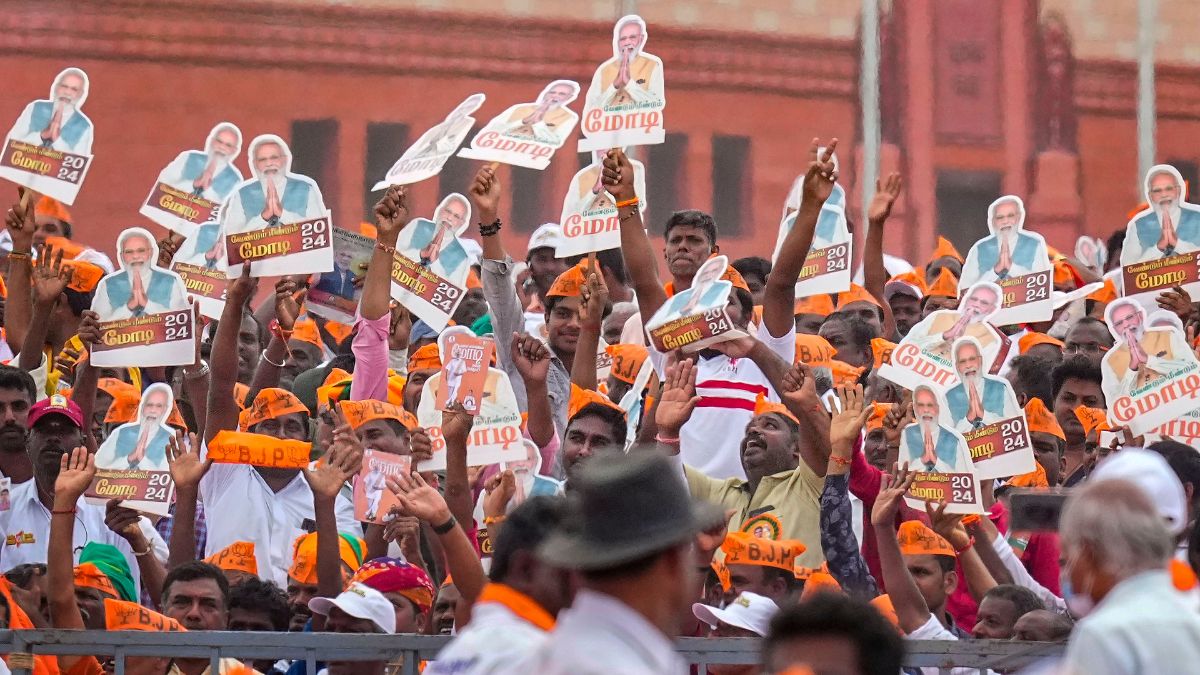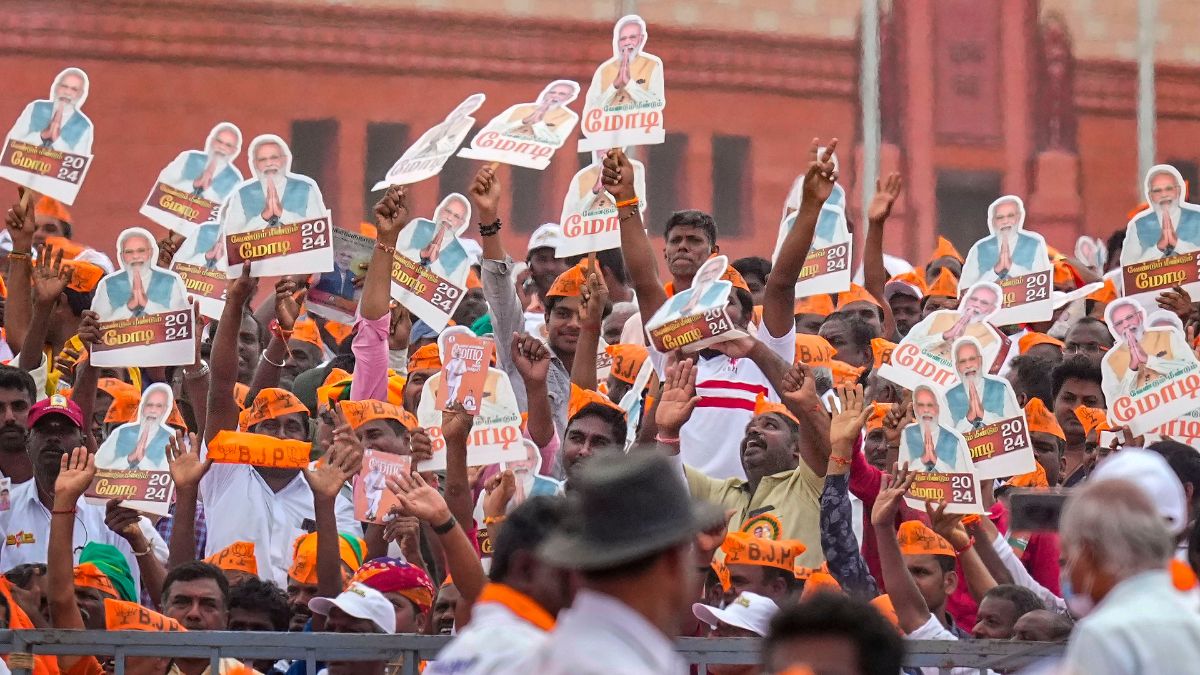Mustafa Dossa, one of the six convicts in the 1993 Mumbai serial blasts case, has died hours after he was admitted to the JJ Hospital in Mumbai after complaining of chest pain, CNN News 18 reported. The channel quoted Mumbai Police as saying that Dossa succumbed to hypertension and chest pain at around 2.30 pm on Wednesday.
JJ Hospital dean Dr TP Lahane confirmed the news and told Firstpost, “Dossa died of a cardiac arrest. The post-mortem is at underway under the supervision of a three-doctor panel. It is being conducted as per the jail manual. Further details will only emerge after post-mortem is complete.”
Early in the morning, Dossa was admitted to JJ Hospital after he complained of chest pain and hypertension.
“Dossa was admitted to the jail ward of the hospital at 3 am,” Lahane told PTI. Dossa (lodged in Arthur Road Jail) complained of chest pain and had hypertension, diabetes and infection, Lahane added.
Dossa also informed the special Terrorist and Disruptive Activities (Prevention) Act (TADA) court about his heart condition and said he wanted to undergo a bypass surgery. On Tuesday, the CBI sought capital punishment for Dossa, arguing that his role in the blasts was “more severe” than that of hanged convict Yakub Memon.
In fact, the family of the deceased feared for his life after he was convicted by the TADA court. Reacting to the verdict, Dossa’s son, Shahnawaz said, “Everything is over… My dad is not going to come back now.”
Special CBI counsel Deepak Salvi told the special TADA court that Dossa was one of the “brains” behind the conspiracy and that his degree of responsibility towards the commission of the crime was the highest. “If not for him (and other absconding accused), the crime would never have taken place,” Salvi had told the court.
He told the court that first conspiracy meeting held at Dossa’s Dubai residence had sowed the first seeds of the conspiracy. Salvi had argued that Dossa was one of the masterminds and was in a position of authority.
“Dossa was from among the prime conspirators giving instructions to others,” the counsel had told the court. He had argued that Dossa financed for landing of arms and explosives and sending people to Pakistan for arms training etc.
Dossa had the effective control over the incident and he was one of the architects of the blasts, he had said.
“Just like the supreme court had held that Yakub Memon’s deeds cannot be viewed distinct from the act of Tiger Memon (a wanted accused in the blasts case), the same can be attributed to Dossa and other suggestion would be futile and worth discarding at the first glance,” Salvi argued.
He had said Dossa was among the “archers wearing the quiver and releasing arrows and one of the principal perpetrators who got the work done through others.”
“The offence could have been averted had it not been hatched by the absconders (including Dossa) or if he had not initiated it by sending the first consignment of arms,” Salvi said.
The CBI counsel had said that from the execution of the conspiracy, there is a clear instigation by Dossa and he was directly responsible for the blasts as he was one of the brains behind plotting the attacks.
“The crime of terrorism is in itself the aggravating circumstances as it carries a special stigmatisation due to the deliberate form of inhuman treatment it represents and the severity of the pain and suffering inflicted,” Salvi had argued.
He had said Dossa was a known smuggler and has criminal antecedents.
“The crime committed by him is of the utmost gravity, heinous, dastardly, diabolical and demonic with no regard towards the country and her citizens, and was carried out pruriently relishing the act of spilling the blood and slaughtering,” Salvi had argued.
In the second installment of the trial, the court had on 16 June convicted five accused, including Dossa and extradited gangster Abu Salem, under the charges of murder, conspiracy and sections of now repealed TADA, while the sixth accused Riyaz Siddiqui was convicted only under TADA Act.
As many as 257 people were killed in the coordinated blasts that ripped through the city on 12 March, 1993.
The trial of the seven accused — Abu Salem, Mustafa Dossa, Karimullah Khan, Firoz Abdul Rashid Khan, Riyaz Siddiqui, Tahir Merchant and Abdul Quayyum — was separated from the main case as they were arrested at the time of conclusion of the main trial. The court had acquitted Abdul Quayyum of all the charges.
With inputs from PTI


)




)
)
)
)
)
)
)
)